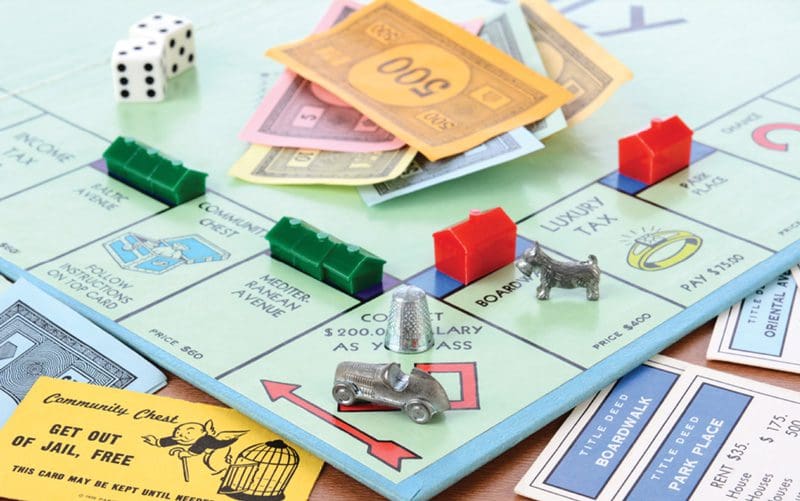
What Kind of Investor Are You? – Let’s talk basics
What kind of investor are you? This is probably the single most important question you can ask when deciding how to invest in real estate. The answers will set the foundation for creating your asset portfolio strategy and clarifying decisions along the way.
The kind of investor you are reflects your personal values, beliefs and risk tolerance. Real estate investments are an important tool for achieving your personal and business goals in relation to happiness.
Real estate is a
cyclical industry,
changing constantly.
How well do you react when times are rough? How do you deal with uncertainty? How much debt do you currently have? Are you an adventure seeker? Do you like to manage your time as you please? Questions like these can help identify your strengths, weaknesses and desired accomplishments to be a better investor. The following three aspects are important in determining your best portfolio fit.
Risk and variability tolerance
Real estate is a cyclical industry, changing constantly depending on a series of macroeconomic, demographic and political factors. The level of risk in your portfolio determines the volatility of returns for both positive and negative outcomes. It should be adequate for your experience in real estate markets and how well you understand the industry. It’s important to have solid cash-generating investments that allow you to cover your living expenses at the beginning. If this foundation is strong enough, it will allow for riskier future deals without compromising the basics. Finding the right formula on the risk scale will make your investment ride more enjoyable.
Asset value and cash returns
There are two major ways to generate positive returns in real estate. The first occurs when the sale of a property that has increased in value over time creates a profit for the investor, boosting the portfolio’s value. The second comes from rental income collected by leasing out the property to tenants, generating positive monthly cash inflows. Investors may lean more toward one way of generating positive returns or the other. A smart, successful real estate investor is able to create an investment base by having properties in both categories, or even better, picking the ones that generate returns in both ways.
Active versus passive
Active investors are deeply involved in creating value for the properties at hand. They actively look for deals to invest in, sell properties, flip houses and even build spec homes for sale to external clients. On the other hand, passive investors free up their time by trusting real estate mutual funds, investment trusts and property management companies to manage their capital, properties and operations. It’s not uncommon to be both a passive and active investor at some point in life.
Our ultimate personal goal should be to live a happy life with the people we care about. Investing wisely in real estate by understanding what kind of investor you are can be an important piece in the overall puzzle.
